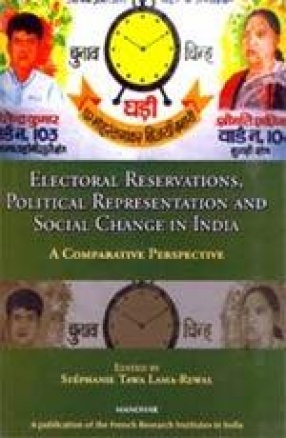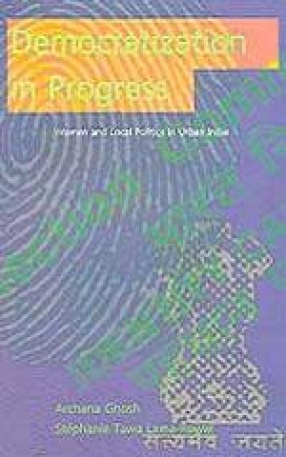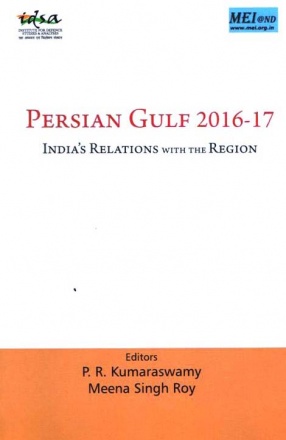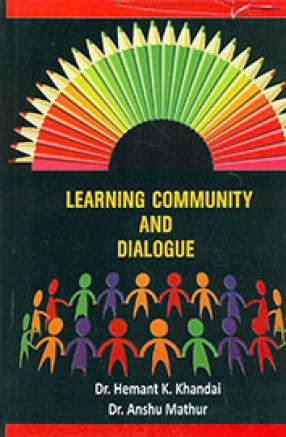This book relates to the Indian debate on reservations-a legal provision that guarantees a minimum presence in various institutions to social categories considered as victim of a historical prejudice. It focuses on the implementation of electoral reservations for Scheduled Castes, Scheduled Tribes, Other Backward Classes and women. Reservations aim at reconciling the individual, equalitarian premises of democracy with the traditionally major role of communities and hierarchies in the Indian society. Through reservations, the law tackles frontally the contrast between the political system and the social structure of India-and one can wonder which of the two comes out more transformed in the process. This series f empirical case studies-dealing with different levels of political life, different regions and different timeframes-brings elements of answer to that question; indeed the very heterogeneity of the collection allows us to go beyond the specific problematic usually associated with each beneficiary category. T he chapters analyse the working of reservations in reference to two closely connected yet distinct issues; the effectiveness of reservations as a means towards political representation; and their relevance as instruments of social change. The book thus offers a collective, though partial, stock-taking exercise, and adds to our understanding of reservations as a policy, their limitations, and their principal and secondary effects.
Democratization in Progress: Women and Local Politics in Urban India
This book presents the ...
$24.30
$27.00






There are no reviews yet.